Westridge Puts Summer Homework on Permanent Vacation
As of this year, Westridge’s summer homework policy will be amended to state that teachers can no longer assess students based on summer assignments. Instead, all additional work provided to students will be optional. Director of Upper School Gary Baldwin and faculty members originally made the decision for Upper School students. Since then, Lower and Middle School Director Zanita Kelly has also adopted this policy, making it a school-wide change.
The change in summer coursework aims to remove stress and allow for more downtime over break. “Kids need a break… I think that whether you want or need to prepare for the next school year versus whether you want or need to just have some downtime is a decision that should probably be better left to kids and their families than to the school,” Mr. Baldwin said.
Celina L. ’26 agrees, arguing that all students’ situations are different. For her, summer assignments feel like busy work rather than something that assists her learning. “Teachers are making you do work when you’re not learning anything, so it helps your brain over the summer when you’re ‘too free and don’t actually have any work’—except some people do have work. Summer work should be optional because everyone has their own reasons why they don’t want or need to do it,” she said.
Kristen D. ’25 also agrees with the new policy. “I have never found summer work to be useful. I tried to get it done towards the beginning of summer, and then I would forget about it by the time school began. And the rush at the end of summer to try and complete whatever I didn’t finish was a bit stressful,” she said.
However, while the new policy may lessen stress over the summer, it does not come without potential consequences. Faculty members across all departments have various concerns about the decision.
Some worry that without summer homework, students will be less engaged and require more time at the beginning of the year to readjust. “Look at how much we lost skill-wise over three weeks of spring break. Right? And so it’s just to make sure you’re still doing something a little bit more geared towards academics. We’re a college preparatory school, and so there’s a certain rigor associated with that,” Upper School History teacher Jennifer Cutler said.
Another tradeoff of the new summer homework policy is the possibility that components central to academic curriculums will have to be removed or compressed.
The Math department, which gradually began a shift away from summer homework in 2015, is familiar with the changes that result from the lack of coursework over break. Math Department Head and Upper School teacher Leah Dahl is concerned that teachers won’t be able to fit all of their usual curriculum into the school year: “I think that we’re still going to be able to teach all the skills and components that we need to, but it does involve some kind of sacrifice of something, some kind of learning. And, you know, I personally think that it’s worth the tradeoff of removing some additional stress from this summer. But it is a tradeoff.”
In both the English and History departments, however, many teachers utilized summer homework to encourage students to read. Therefore, the Upper School English department is especially averse to the new policy. Tarra Stevenson, English Department Chair and Upper School English teacher, made a formal statement on behalf of the English Department. “The English department doesn’t agree that reading should be included in the summer homework ban. We will continue to provide a list of suggested reading at every grade, and we are currently developing a community summer reading program.” She continued, “The school year is so packed with assigned readings, you know, use the summer to read anything, that’s really where you can indulge in your own interests.”
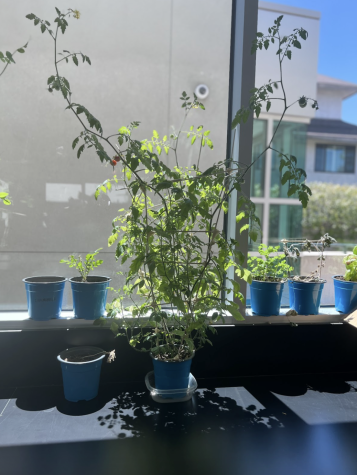
AP Biology teacher Ryan Skophammer is disappointed to lose his infamous plant project as a result of the new summer homework policy. The 8-week long AP Biology project requires students to plant seeds, conduct experiments, and record data as their plants grow. Dr. Skophammer is saddened by the loss of a project he saw as an experience for students, rather than simply another assignment for a grade. However, he also recognized the potential benefits of a homework-free summer:
“I’m disappointed to lose my project. But it just means I have to find another solution to my problem. And if it ends up being better for everyone to have it gone, then that’s a good thing,” Dr. Skophammer said.
Despite concerns from teachers, Mr. Baldwin believes that it is most important for the policy to benefit the well-being of students. “Not everybody’s in agreement about this policy, some people were annoyed by it, some people think it’s the best thing ever. I’m convinced that it’s the best thing for students,” said Mr. Baldwin.
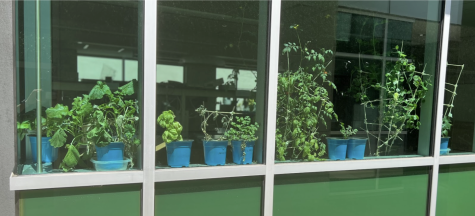

Sarah is a junior and in her third year as a Spyglass staff writer. When not writing for Spyglass, she enjoys playing soccer and lacrosse, listening to...
Cyana is a senior and is a year into Spyglass Design. She is super excited to work with everyone and hopes to explore different art forms through her work...





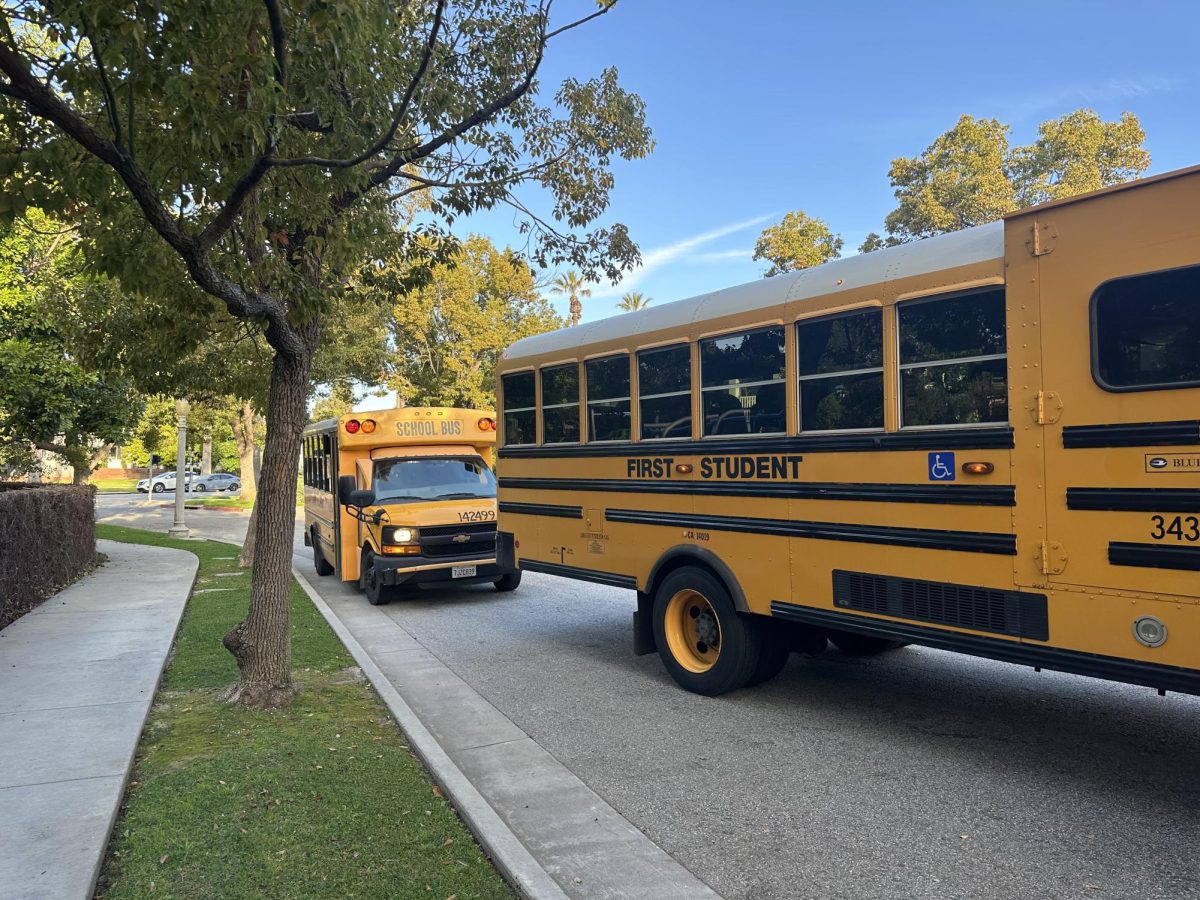











![Dr. Zanita Kelly, Director of Lower and Middle School, pictured above, and the rest of Westridge Administration were instrumental to providing Westridge faculty and staff the support they needed after the Eaton fire. "[Teachers] are part of the community," said Dr. Kelly. "Just like our families and students."](https://westridgespyglass.org/wp-content/uploads/2025/03/dr.-kellyyy-1-e1748143600809.png)











































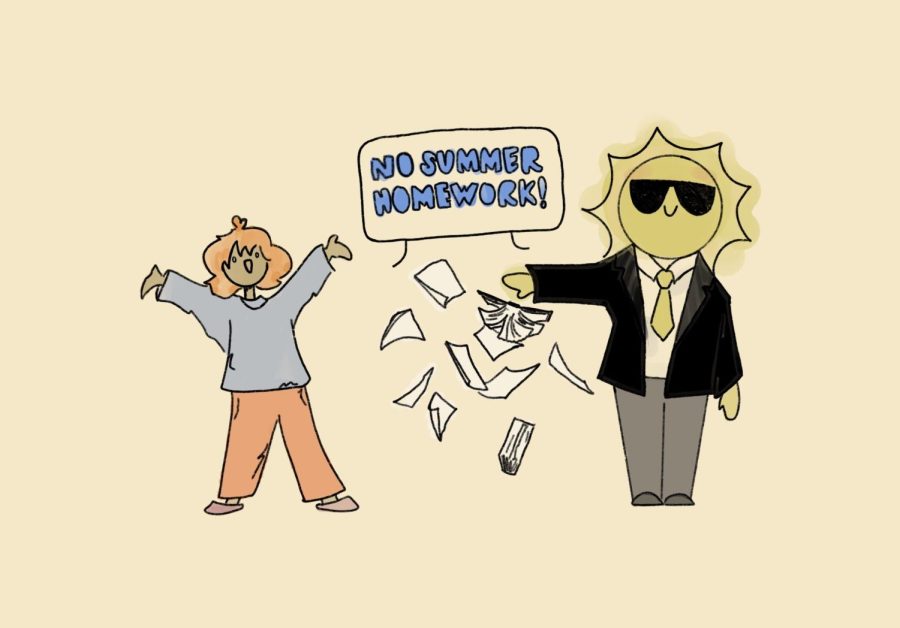

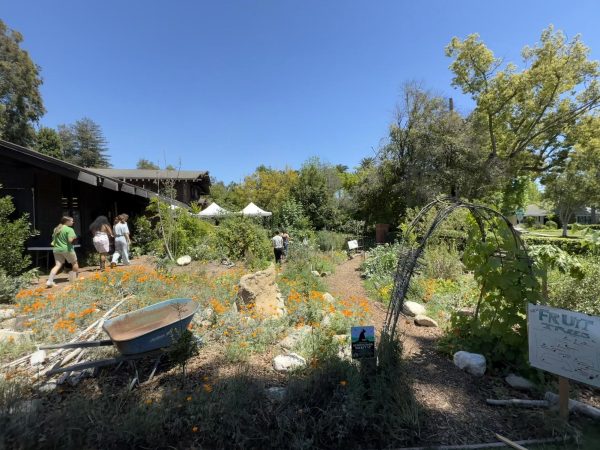



sabrina • Apr 24, 2023 at 9:25 pm
what an interesting topic!!! wowwww